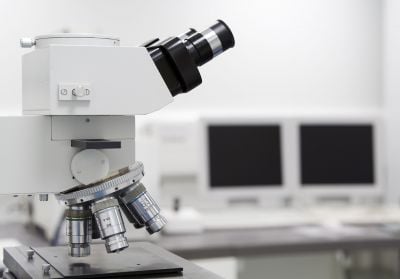King’s College Dental Institute Researchers Link Facial Structure To Kidney Disease

Researchers from King’s College London Dental Institute have suggested a link between facial structure and kidney disease.
Professor Sharpe, an expert in the field of craniofacial development and stem cell biology, suggests that patients with kidney disease have facial characteristics that may carry information about the genetic mutation they have inherited.
The Professor has published findings of his research in the journal Human Molecular Genetics. The research relates to a specific type of kidney disease known as autosomal dominant polycystic kidney disease (ADPKD), the most common type of genetic kidney disorder in the UK. ADPKD affects 8 out of 10 people on dialysis and around 1 in 8 people who have a kidney transplant.
Professor Sharpe and his research team, which includes individuals from the University of Cambridge and University College London, discovered that mice with mutations in the PKD2 gene have specific facial and dental abnormalities. The PKD2 affects between 15 and 36 per cent of those with ADPKD. Mice with genetic mutations on the PKD1 and PKD2 genes display similar characteristics of kidney disease to humans.
The abnormal dental and facial characteristics develop after birth and are related to the function of PKD2 as a mechanoreceptor, which impacts on the structure of the jaw and other facial features.
Professor Sharpe said that further study was required to determine to what extent analysis of the facial structure can be used to diagnose disease.
Join this Discussion









